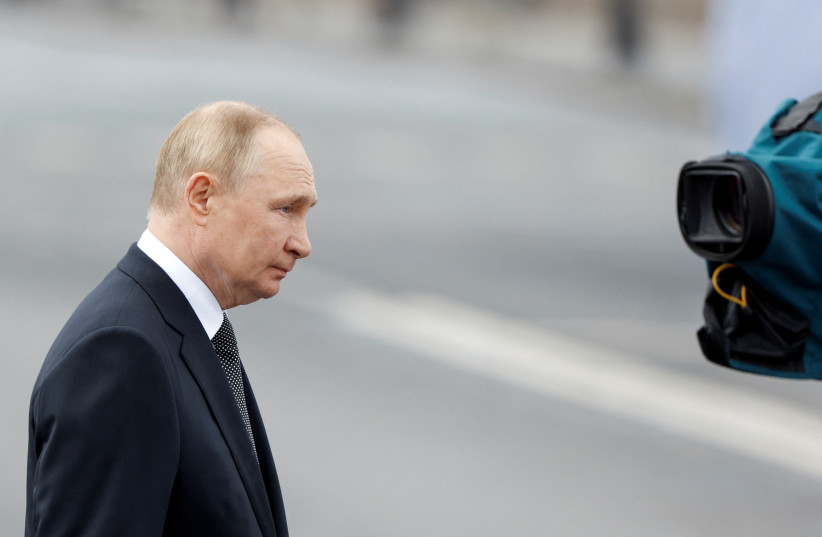In December 1953, president Dwight Eisenhower presented his dream for a new atomic age to the United Nations General Assembly. The speech, coined “Atoms for Peace,” outlined a vision of atomic energy utilization so efficient, the need for conflict would become a waste of time. The former supreme allied commander hoped to begin the push for the usage of nuclear energy for the benefit of all mankind.
Eisenhower called on nations to pool their fissionable materials and advance research, claiming electricity will be more expensive to meter than to generate in time. A proposed international atomic energy agency would be formed to supervise the peaceful march forward. That dream never came to be and, in many cases, was adulterated.
This quest would ultimately lead to the resources that granted India their first nuclear weapon, supplied by leftover materials from Canada. The world arsenal of atomic weapons did not revert or constrict Eisenhower’s efforts to divert an arms race only served to announce the Cold War era.
The USSR is gone, but its successor now threatens the balance of the world, once again. Using energy as its grip on Europe, Russia holds an outsized level of importance in the global community. A modern “Atoms for Peace” would remove Russia’s hold and relegate them to their proper sphere of influence.
Leading up to the Ukraine war, Germany solidified its reliance on Russian energy. Germany shuttered nuclear plants, coal operations were fired up and Nord Stream II would fill the remaining void from Moscow. Germany is learning the hard way about what happens when another nation can turn the lights off.
Germany stood hamstrung when the world moved to sanction Russia and remove them from the global economy. Germany must move swiftly to avoid the impending crisis, should they fail to meet energy needs come winter without Russian fuel.

A game of chicken
Russia’s strategy is a game of chicken. Russia does not believe Europe will side with Ukraine over its long-term comfort. The invasion of Ukraine was in large part to secure Russian pipelines to Europe, a more expedient way to connect their product to European codependents. Japan has seen through this game and announced the launching of nine nuclear facilities; meanwhile, Germany is continuing to choose less efficient and effective power methods in the name of atomic fear-mongering.
Nuclear power is significantly more reliable, effective and safe than other alternative forms of energy. The stories of Chernobyl and Fukushima are not relevant to the discussion of modern reactors. We are no longer living in times of nuclear ignorance regarding fail-safes or how to handle the waste.
Atomic energy is how the world will free itself from the impending energy hostage crisis. Nuclear power holds the keys to self-reliance and a global community that does not have to fear nations that use energy to cover human rights violations.
The European Union could nip in the bud a large part of this debate by making it clear they deem nuclear energy as viable under its energy portfolio. Excluding nuclear energy from plans for a green future while European nations reopen coal plants is counterintuitive and runs in stark contrast to environmental goals. If not for the precise science surrounding nuclear energy, the geopolitics of the time must force Europe to come to terms with its failing power generation strategy.
Eisenhower delivered a message of hope nearly 70 years ago. While his dream did not come to pass, it held great foresight. The international stage will be better and more secure by removing energy reliance from the equation. Nuclear energy is the answer to solving growing demand, environmental damage and the struggle against authoritarian states. It is time we push for a modern atoms for peace.
The writer is the senior policy adviser for the Arizona branch of the American Conservation Coalition and is engagement chair for the Young Republicans National Federation.
